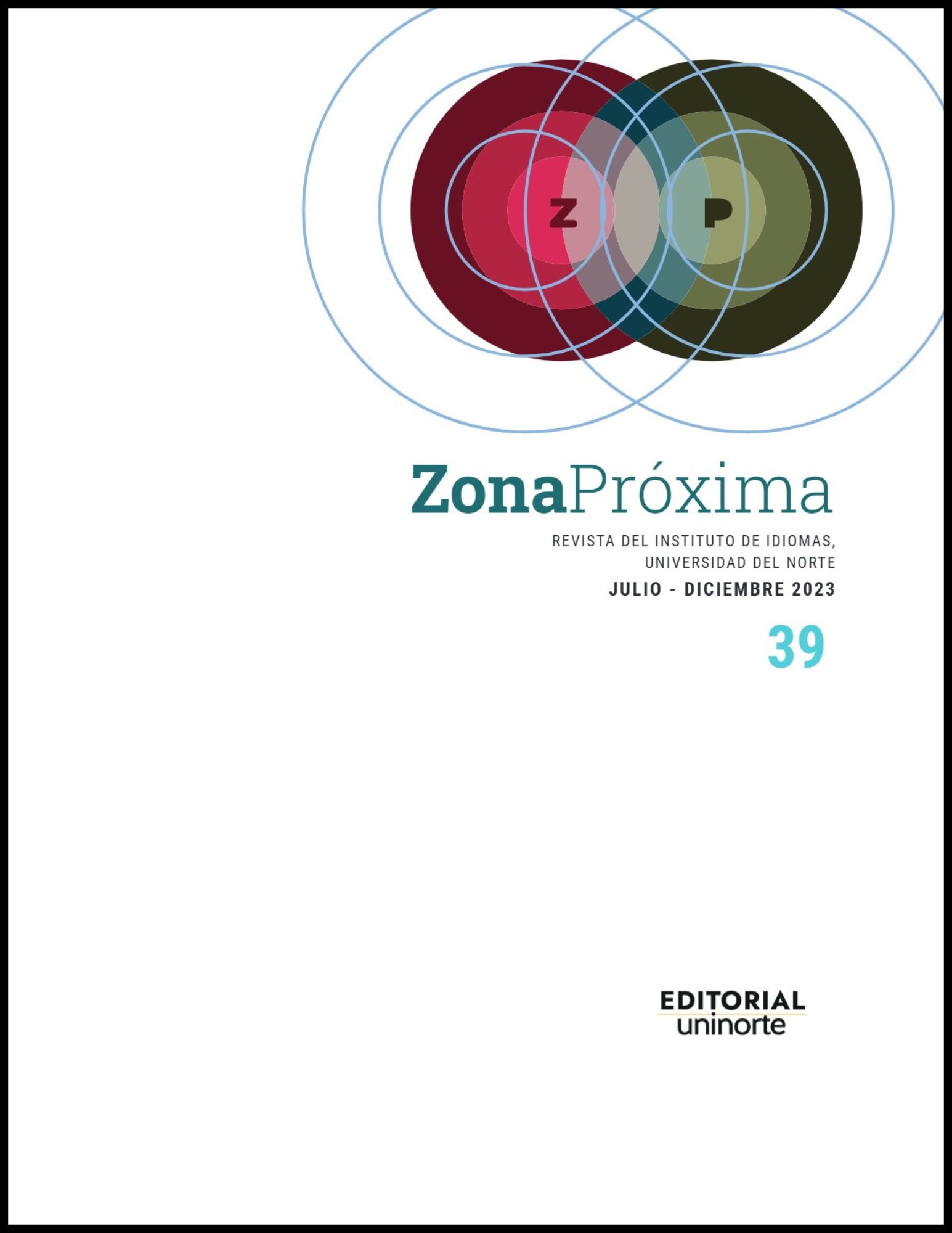Abstract
This paper aims to determine the relationship between the use of new technologies and the academic performance of primary school students in a rural context, as an exploratory case study. Its main purpose is to show how technology can influence the socialisation processes of young people. The data were gathered from a quantitative approach, using a 24-item questionnaire validated by experts. This instrument has been administered to 40 primary school students between 8 and 12 years old in a rural school in the south of Spain. The results show that there is no high correlation between the use of mobile devices and academic performance in the core subjects in this study group. However, it can be said that new technologies help improve
References
Bernete García, F. (2010). Usos de las TIC, Relaciones Sociales y cambios en la socialización de las y los jóvenes. Revista de Estudios de Juventud, 88, 97-114.
Bolívar, A. J. (2007). Alfabetización digital en los procesos de inclusión social. 89. Barcelona: Ed. UOC.
Cabero, J. (2004). Cambios organizativos y administrativos para incorporación de las TICs a la formación: medidas a adoptar. Edutec: revista electrónica de tecnología educativa, 18(4). Recuperado de http://www.edutec.es/revista/index.php/edutec-e/article/view/526/259
Cabero, J. (2008). TICs para la igualdad: la brecha digital en la discapacidad. Anales de la Universidad Metropolitana, 8, 15-43.
De La Peña Aznar, J. (2011). Alertas sobre innovación tecnológica: tecnoptimismo y tecnorrealismo. Telos: Cuadernos de comunicación e innovación, 89, 6-7.
Deval, J. (1995). Desarrollo Psicoevolutivo de los niños/as de Primaria. Revista Digital Enfoques Educativos, 30, 50-51.
Díaz, I. A., Reche, M. P. C. & Lucena, F. J. H. (2005). El impacto de las TICS en la sociedad del milenio: nuevas exigencias de los sistemas educativos ante la “alfabetización tecnológica”. Publicación en línea, 2(4). Recuperado de http://www.cursosdred.es/php/cursos/sc_formador_formadores/modulo3/unida1/ampliar/ELIMPACTO_delas_tic.pdf
Formichella, M., Alderete, M. & Di Meglio, G. (2020). Nuevas tecnologías en los hogares: ¿hay una recompensa educativa? Evidencias para Argentina. Education in the knowledge society (EKS), 21,13-23. Recuperado de https://dialnet.unirioja.es/servlet/articulo?codigo=7492331
García-Acuña, A. & Tirado, R. (2018). Digital media behavior of school students: abusive use of the internet. NAER: Journal of New Approaches in Educational Research, 7(2), 140-147. Recuperado de https://dialnet.unirioja.es/servlet/articulo?codigo=6501207
Halpern, D., Piña, M., & Ortega, C. (2020). El rendimiento escolar: nuevos recursos multimedia frente a los apuntes tradicionales. Comunicar. Revista científica iberoamericana de comunicación y educación, 64, 39-48. Recuperado de https://dialnet.unirioja.es/servlet/articulo?codigo=7486698
Marín Díaz, V. & Latorre Medina, M. J. (2009). Superar las barreras de aprendizaje en necesidades educativas especiales mediante la utilización de las TICs. Revista de Educación, 9, 267-275.
Martín, A. G. (2007). Integración curricular de las TIC y educación para los medios en la sociedad del conocimiento. Revista Iberoamericana de educación, 45, 141-156.
Martín, A. G., & Tyner, K. (2012). Educación para los medios, alfabetización mediática y competencia digital. Comunicar, 19(38), 31-39.
Naval, C., Sábada, C., Bringué, X. & Pérez-Alonso, P. (2003). Los lenguajes de las pantallas. Impacto en las relaciones sociales de los jóvenes y retos educativos. XXII Seminario Interuniversitario de Teoría de la Educación: Otros Lenguajes en Educación, Barcelona.
Pérez Tornero, J. M. (2010). Alfabetización mediática y culturas digitales. Sevilla: Universidad de Sevilla.
Reyes, R. & Prado, A. (2020). Las tecnologías de información y comunicación como herramienta para una educación primaria inclusiva. Educación: revista de la Universidad de Costa Rica, 44(2), 479-497. doi: 10.15517/REVEDU.V44I2.38781
Rodríguez, R. & Del Moral, M.E. (2008). Experiencias docentes y TIC. Barcelona: Octaedro.
Ruiz, A., Medina, M. & Pérez, E. (2020). University teachers’ training: the digital competence. Pixel-Bit: Revista de medios y educación, 58, 181-215. Recuperado de https://dialnet.unirioja.es/servlet/articulo?codigo=7438412
Salmerón, L. & Delgado, P. (2019). Análisis crítico sobre los efectos de las tecnologías digitales en la lectura y el aprendizaje. Culture and Education, Cultura y Educación, 3(31), 465-480. https://doi.org/10.1080/11356405.2019.1630958
UNESCO (1999). Educating for the media and the digital age. Vienna: UNESCO, BMUK. Recuperado de https://www.mediamanual.at/en/pdf/educating_media_engl.pdf

